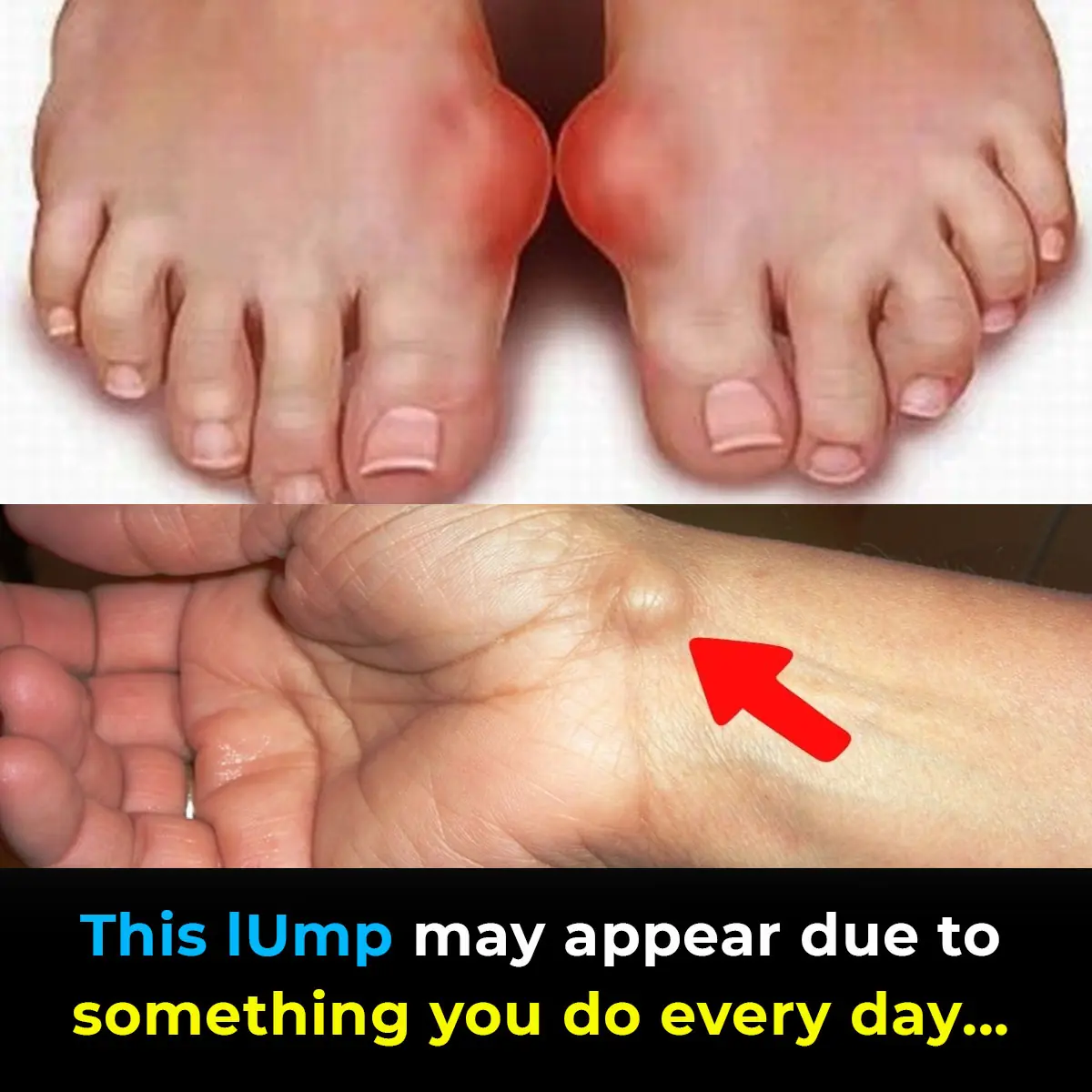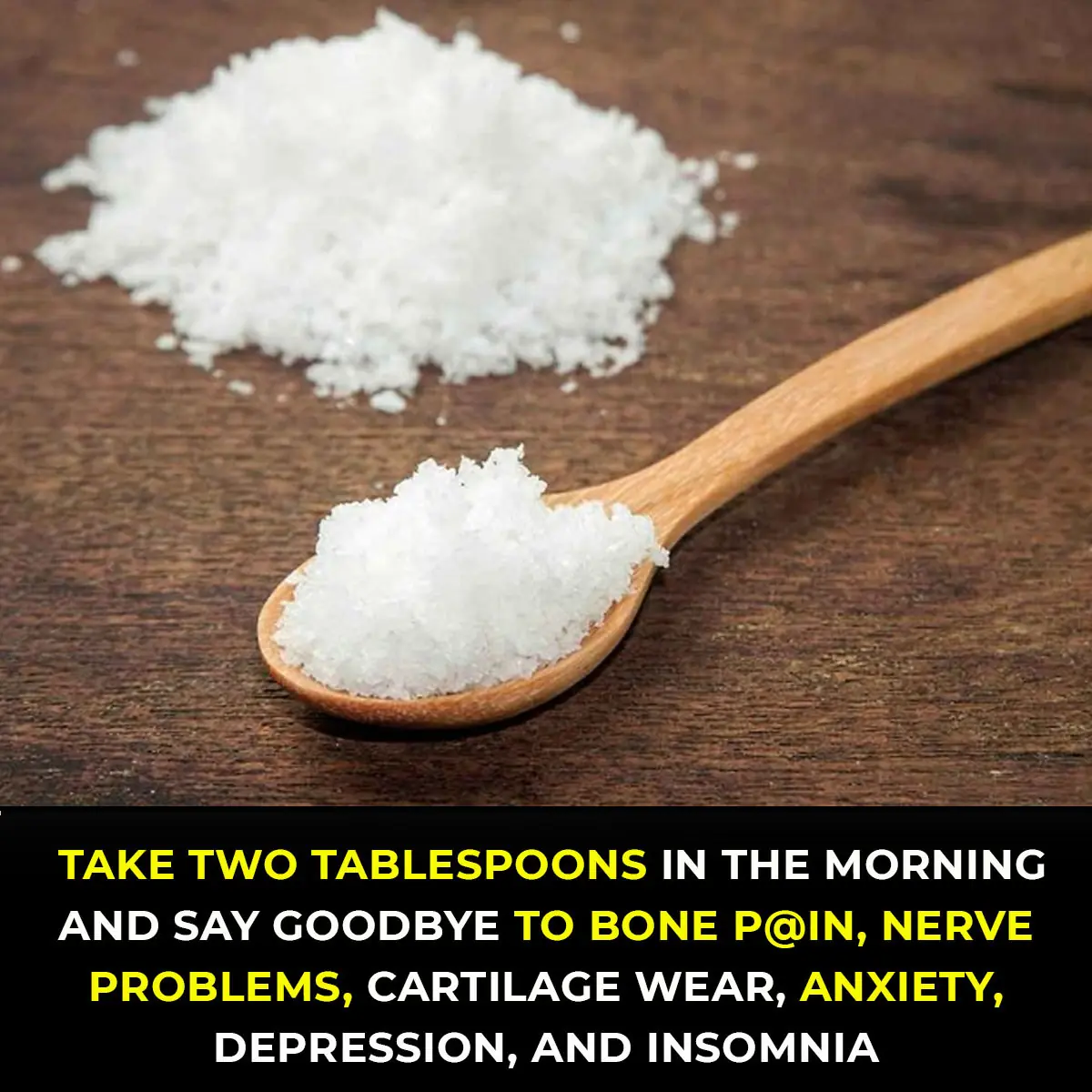TOPLINE:
Diabetes was associated with reduced global cognition 2 weeks after traumatic brain injury (TBI) and less improvement in processing speed throughout the first year post-TBI compared to not having diabetes, a new cohort study showed.
METHODOLOGY:
- The prospective cohort TRACK-TBI study included more than 1000 participants aged 17 years or older with TBI (mean age, 39 years; 67% men; 76% White individuals) who presented to one of 18 level 1 trauma centers in the US between 2014 and 2018.
- Participants underwent cognitive assessments at 2 weeks, 6 months, and 1 year post-injury that evaluated verbal episodic memory, executive function, and processing speed alone and combined into a global cognitive factor score.
- Researchers analyzed associations between cognitive outcomes and the vascular risk factors of hypertension (17%), diabetes (7.5%), hyperlipidemia (9%), and smoking (30%).
- They adjusted the analysis for age, sex, race, ethnicity, education, severity of TBI, and histories of TBI and psychiatric conditions.
TAKEAWAY:
- After adjustment for confounders, participants with diabetes had lower global cognitive factor scores at 2 weeks post-injury than those without diabetes (mean difference in change, -0.25; P < .05) and showed less improvement in processing speed over the first year post-injury (mean difference, -0.26; P< .05).































